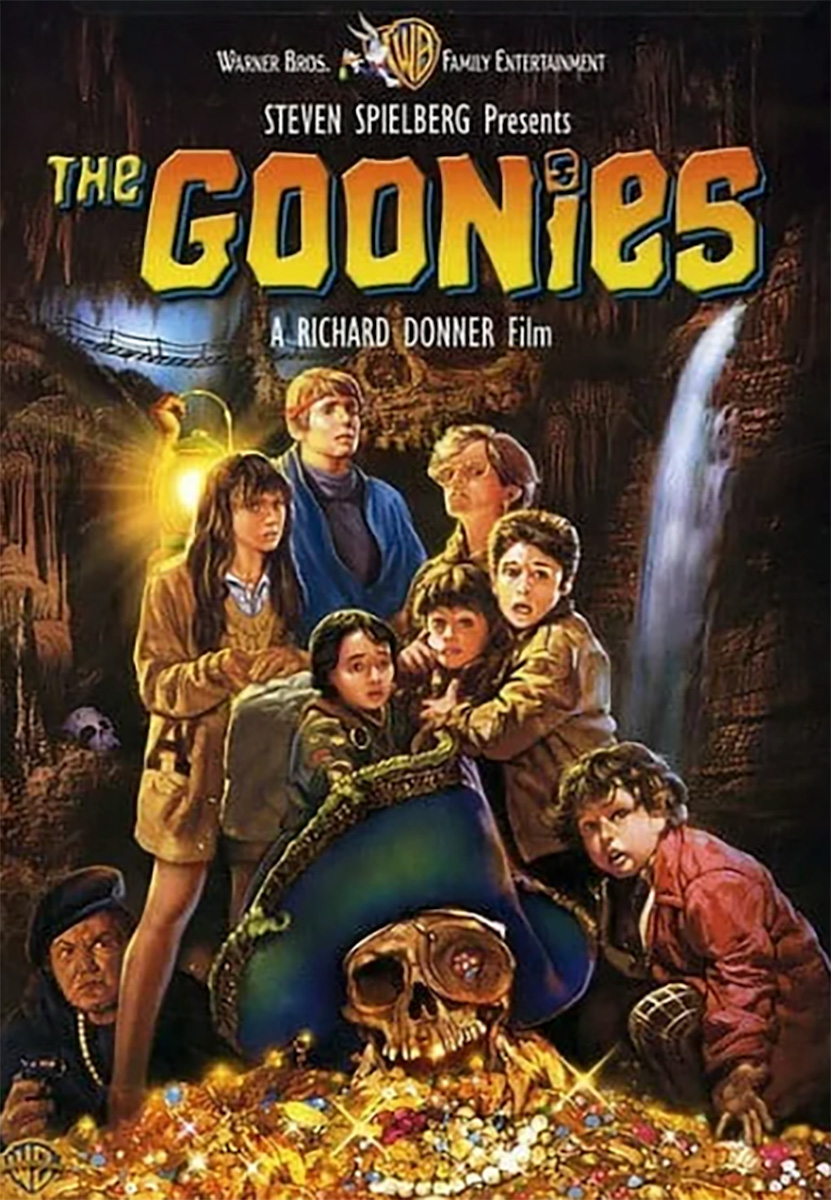 David Taintor
David TaintorLong before oil, diamonds and even cash, one element dominated the world.
One element bought love, started wars and gave hope. Gold.
Most people are aware of the corruption surrounding the diamond market. Despite Leonardo DiCaprio’s horrible South African accent in Blood Diamond, the movie served to raise awareness of corruption to those who otherwise would not have realized.
The issues surrounding the gold market, however, remain unknown to most.
With many of the world’s gold reefs depleted, drastic measures are being taken to support a powerful world market.
Gold is mined in one of two ways, and I’m not sure I can say which is more detrimental.
One-fourth of the world’s gold is mined in small illegal mines cut into some of the poorest areas on the planet. In these mines workers risk their lives daily hunting underground for little specks of the precious shimmering metal.
These workers have no safety equipment and worse, no paycheck. Once a month they are allowed to fill a sack with rocks in hopes of finding just a few grams of gold in those rocks.
Daily, women and children scour the piles of discarded rock on the side of the mountain searching for something the men might have missed. What they find is then brought into a gold mill where the miller swirls the rock in several pounds of mercury.
Often times they use their bare hands to separate the gold from the rock. Most of this toxic element is then dumped into the sewers.
For all of this work, most workers are lucky to get $25. But that’s only one-fourth of the world’s gold mines, right? That’s not that much. The remaining three fourths of the world’s gold is mined in giant open pit mines that sodomize the Earth in various parts of the world.
It is no surprise that this grand scale form of gold mining generates more waste per ounce than any other metal.
The gold mined in these places is found in the form of microscopic specks, much smaller than the head of a pin, and yet the mines are large enough to be seen from space. That’s a lot of leftover rock.
All of that rock needs to go somewhere, but moving a part of the Earth isn’t really that detrimental to the Earth, right?
Surrounding the mile-wide mine of Batu Hijau in Indonesia, flat-top mountains dominate the landscape, a landscape that was once home to some of the world’s last rain forests.
It may be hard to understand just how much rock I’m talking about.
An average wedding ring contains just one ounce of gold. Over 250 tons of rock and ore have to be extracted and moved to obtain that ounce.
In all of history, just 161,000 tons of gold have been mined. It takes only 16 hours to displace that amount of rock from the mines. After just 10 years of operations Batu Hijau has almost run out of room to dump its’ waste. Now they are trying to clear 79 more acres of rainforest and it is estimated that the mine will not be exhausted for 20 more years.
India – where the quest for gold is a way of life – leads the world, accounting for 20 percent of the gold market, although very little gold is actually mined there. This number is more than double what is bought by its closest followers, China and then the United States.
It seems rare in these times to find that the United States is not a major part of the problem, but I’m asking for one step further. I’m asking for us to be a major part of the solution. The “No Dirty Gold” campaign, a U.S. activist-driven movement, has already gotten many of the nations top jewelry sellers to stop selling gold from mines that cause social or environmental damage.
I find that many people use the reasoning that if you care about one thing, you have to care about everything as an excuse for not caring about anything at all.
Nobody can care about everything, which is far too much for any person to carry on their shoulders, but if we all go on not trying to incite change at all, it will never happen.
George Bernard Shaw once said “The reasonable man adapts himself to the world; the unreasonable one persists in trying to adapt the world to himself. Therefore, all progress depends on the unreasonable man.”
Please, don’t be reasonable about this.
Harvey is a senior print journalism major and photo editor for The Spectator.






